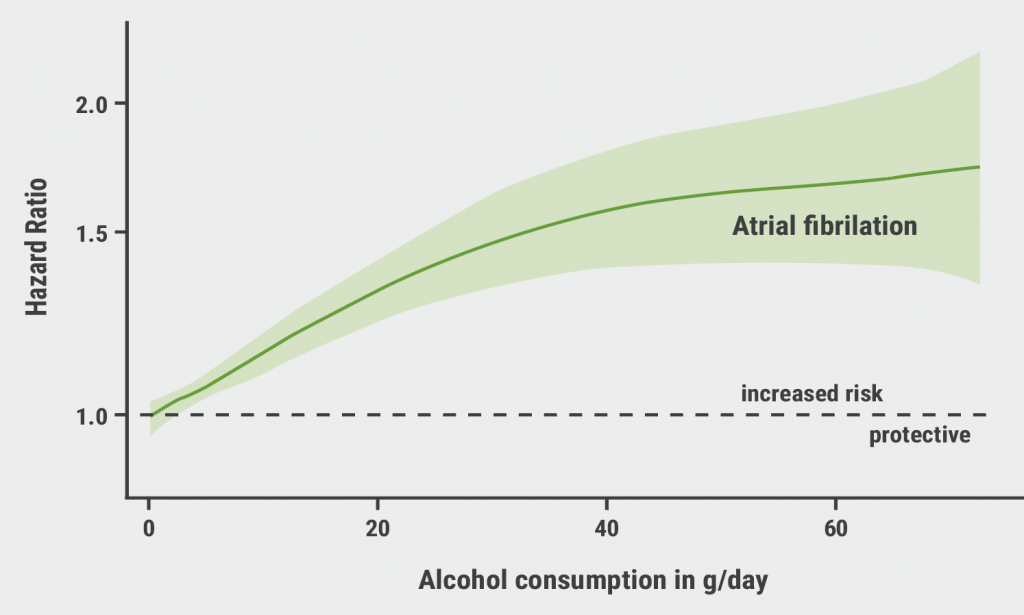https://doi.org/10.55788/3d05d88c
“Symptoms of cancer patients match many heart failure (HF) symptoms and cardiovascular death is the second most common cause of death in cancer patients,” started Dr Alessia Lena (Charité Universitätsmedizin Berlin, Germany) her presentation [1,2]. Moreover, cardiac wasting is one of the relevant symptoms in advanced cancer and it was hypothesised that cardiac wasting causes increased stress on the left ventricular (LV) wall, subsequently inducing HF in patients with advanced cancer [3]. The current study included 300 patients with mostly advanced cancer, 60 healthy participants, and 60 patients with chronic HF to assess cardiac wasting through 2D transthoracic echocardiographic measurement of LV mass.
The mean LV mass of cancer patients was lower by 13% compared with healthy participants (177 g vs 203 g; P<0.001). The reduction of LV mass was significantly more pronounced in participants with cachectic cancer than in non-cachectic cancer controls (153 g vs 187 g; P<0.001). These results were irrespective of received anti-cancer therapy, including cardiotoxic and non-cardiotoxic therapies. Furthermore, follow-up data of 3.5 years showed that low LV mass (<151/210 g for women and men) was associated with a 72% increased risk of death (P=0.001). Dr Lena added that the results of this study indicate that adjustment for the body-surface area to assess LV mass should not be used in cancer patients because it masks prognostic information. Finally, participants with a low LV mass/height2 were associated with a reduced handgrip strength (P=0.001), less stair-climbing power (P<0.001), and a reduced 6-minute walking distance (P=0.034).
In conclusion, cardiac wasting is a relevant finding in patients with advanced cancer, especially in patients with cachectic cancer, and is associated with poor functional status, increased all-cause mortality, and echocardiographic impairments.
- Lena A, et al. Clinical and prognostic relevance of cardiac wasting in patients with advanced cancer. Basic & Translational Late-Breaking Science, Heart Failure 2022, 21–24 May, Madrid, Spain.
- Walsh D, et al. Support Care Cancer. 2000;8(3):175–179.
- Anker MS, et al. Eur J Heart Fail. 2021;23(1):140–144.
Copyright ©2022 Medicom Medical Publishers
Posted on
Previous Article
« Urocortin-2 a potential treatment target for HFpEF Next Article
Dapagliflozin performs consistently across LVEF in HF »
« Urocortin-2 a potential treatment target for HFpEF Next Article
Dapagliflozin performs consistently across LVEF in HF »
Table of Contents: HFA 2022
Featured articles
Phase 3 and 4 Trials
GALACTIC-HF: Omecamtiv mecarbil as option for HFrEF patients with low SBP
HELIOS-A: Vutrisiran meets exploratory endpoints
Patiromer helps HFrEF patients to optimise RAAS inhibitors without hyperkalaemia
FIDELITY: Cardiorenal benefits of finerenone, regardless of LVH status
DAPA-VO2: Rapid effect of dapagliflozin on peak VO2 in stable HFrEF
Phase 1/2 Trials
Significant improvement in BP from istaroxime, a novel non-adrenergic agent
SERENADE: Macitentan fails in HFpEF plus PAH
Combination of filgrastim and dutogliptin appears safe in STEMI
Therapeutic Devices
Cardiac contractility modulation therapy promising for patients with HFpEF
REBALANCE-HF: Encouraging observations for splanchnic nerve ablation in HFpEF
Updates on SGLT2 Inhibitors
DAPA-HF: Dapagliflozin is safe and efficacious in frail patients
EMPEROR-Preserved: Empagliflozin stable across age groups
EMPULSE: Empagliflozin delivers rapid and clinically meaningful decongestion
Dapagliflozin performs consistently across LVEF in HF
Miscellaneous Topics
Cardiac wasting relevant for clinical outcomes in cancer
Urocortin-2 a potential treatment target for HFpEF
Should ATTR-CM be added to the differential diagnosis of patients with HF?
Delayed initiation of novel GDMTs associated with adverse outcomes in HF patients
© 2024 Medicom Medical Publishers. All rights reserved. Terms and Conditions | Privacy Policy


